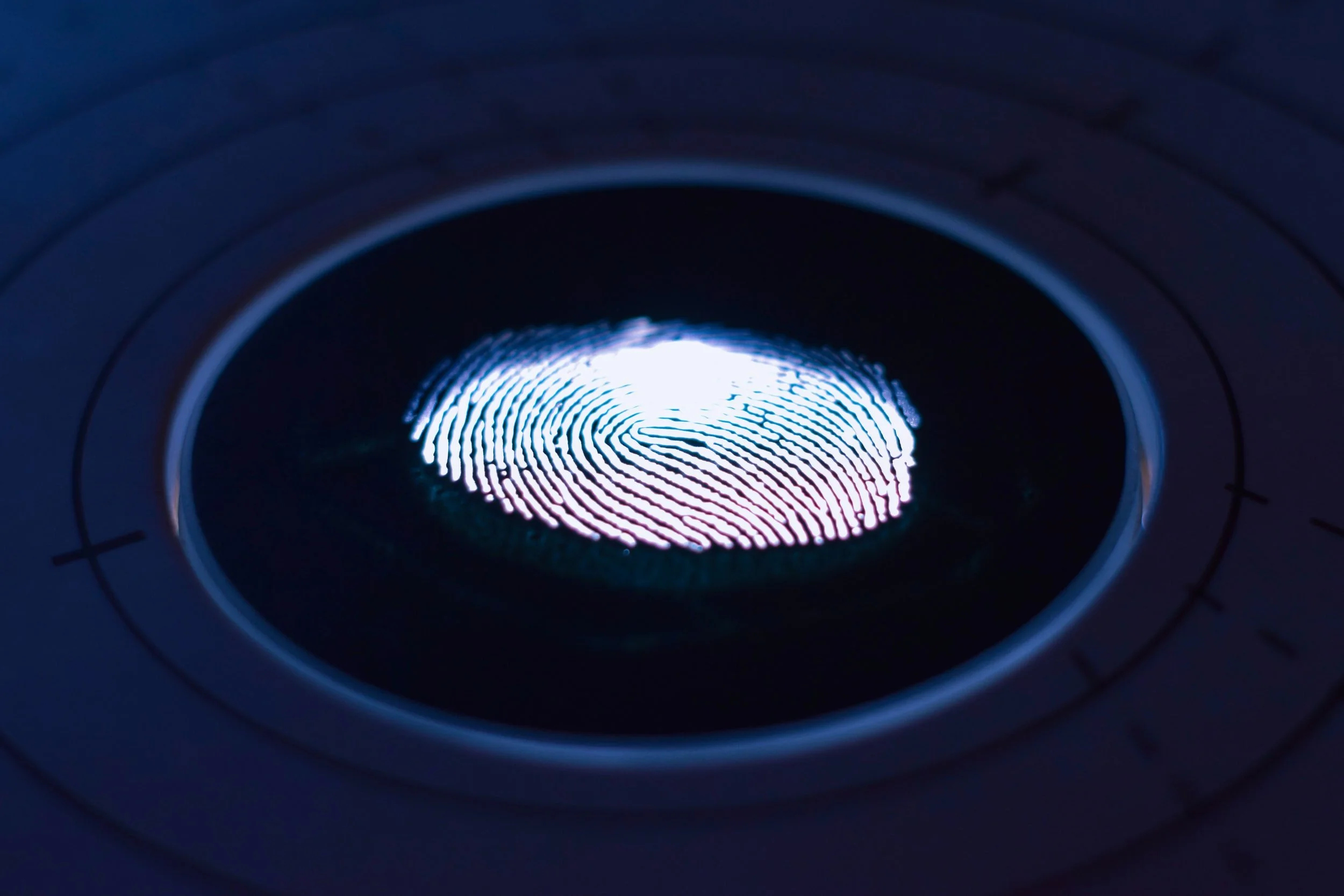In times of hardship, it becomes tempting to shift a problem onto someone else; the legislation that came out of the Covid-19 pandemic demonstrated this exact tendency. In response to the economic disruption caused by Covid-19, Congress passed the Coronavirus Aid, Relief, and Economic Security (“CARES”) Act. The Paycheck Protection Program (“PPP”) is section 1102 of the CARES Act. It aims to provide relief to small businesses in the form of a loan that can be forgiven by spending loan funds on certain types of business expenses. Although the CARES Act provides unemployment benefits, the PPP is also positioned to act as an unemployment office. By heavily emphasizing a business’s requirement to spend on payroll costs to obtain loan forgiveness (no matter the need, or lack thereof, for labor), the government essentially pushes the unemployment problem away from itself, and forces struggling small business owners to deal with it instead.
Giving Heroes Their Shields: Providing More Immunity to the Healthcare Industry During the COVID-19 Pandemic
80,260,092 and 983,237. Respectively, these are the numbers of reported COVID-19 cases and deaths in the United States. The effects of COVID-19 impact people who contracted the disease, families who lost someone, and people at risk who have been in isolation for over one year. One group who has been heavily affected by the pandemic is healthcare professionals. Healthcare workers were thrown into the frontlines without proper equipment, including PPE, and, at one point during the height of the pandemic, they also did not have enough ICU beds and ventilators. Because healthcare workers lacked medical equipment, they were more likely to contract COVID-19, which reduced the “quality and quantity of care available.”
Why COVID-19 Furthers the Case for a National Biometric Privacy Law
The global pandemic has both increased the demand for contactless biometric technologies and pushed for innovation in this industry. This increase in demand and innovation of biometric technology has amplified the inherent data privacy concerns in the technology, making the need for a national biometric law evident.
Democracy in the Time of Coronavirus
The global pandemic has completely altered life as we know it in the short-term. In the long-term, a hopeful result would be openness to new political economic possibilities. Policies like modern monetary theory, single-payer healthcare, and universal basic income, seemingly beyond the pale of mainstream recognition before the pandemic, may now be given a fair shake. I want to make the case that another political-economic shift ought to be considered in light of the pandemic—economic democracy.
2020: New Decade, New Financial Crisis?
The start of a new decade sparked hope that something good was coming. 2020 started off seemingly normal for most people: celebrating New Year’s, making strides towards their resolutions, and going about their normal lives as they had done in 2019. That is until COVID-19, also known as the coronavirus, tilted the world on its axis. Even though the coronavirus approached the United States slowly, it hit hard. The effects have been felt in all aspects of people’s lives: the country went on lockdown, once-booming businesses permanently closed their doors, and the economy grinded to a halt; indeed, COVID-19 is the biggest economic crisis since the Great Recession nearly a decade ago.






